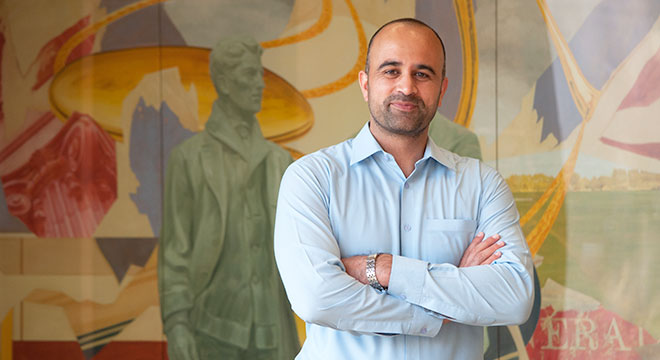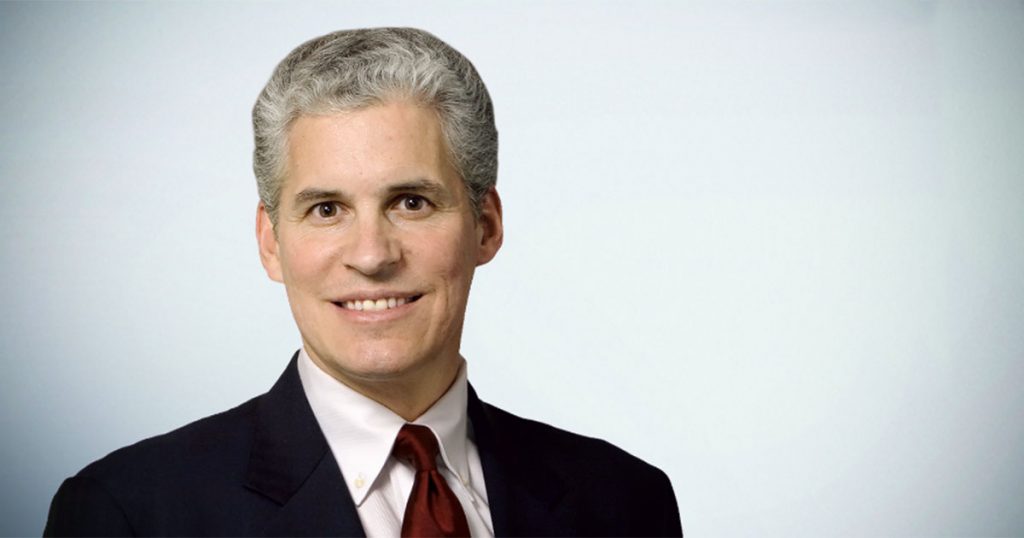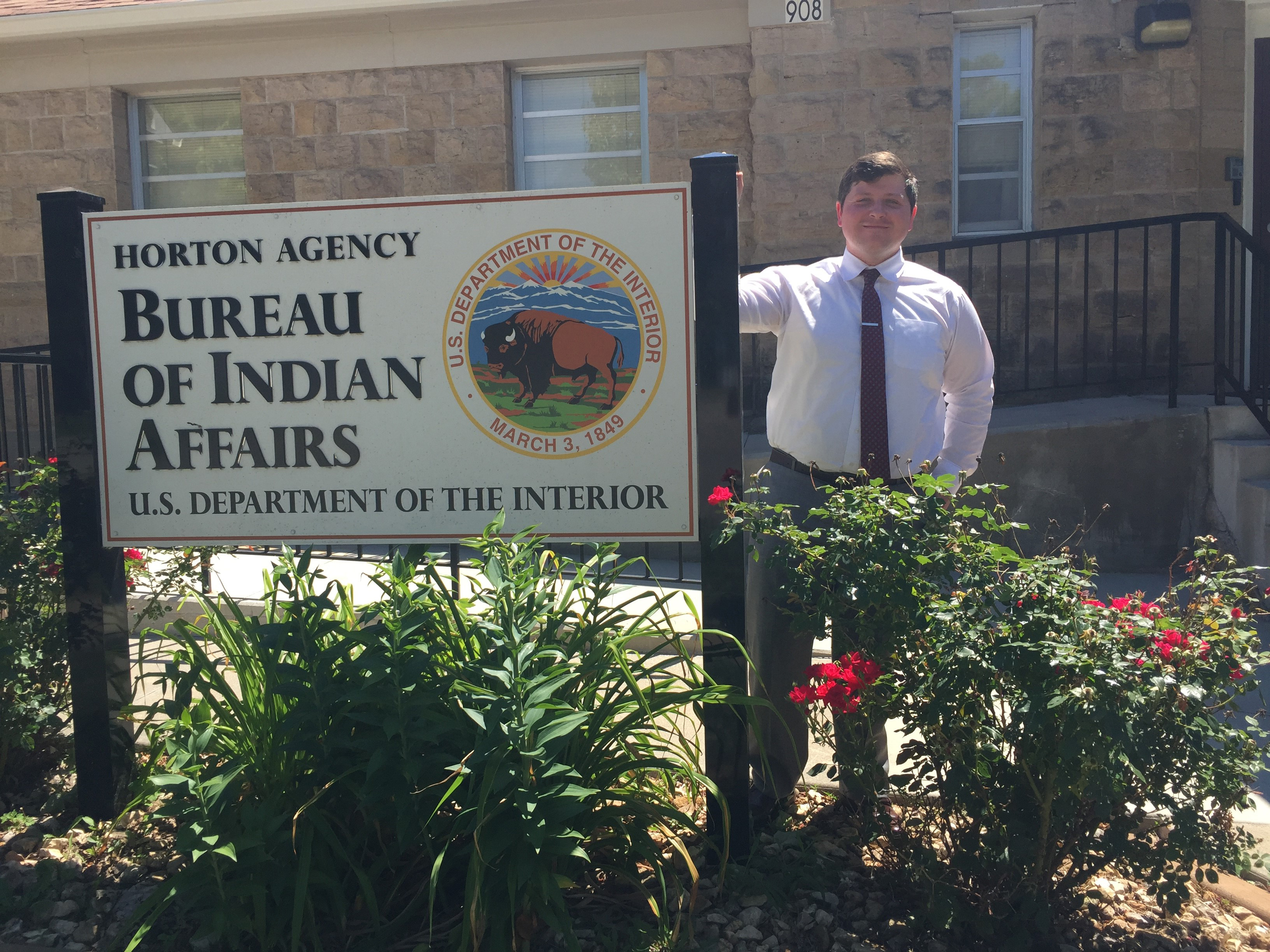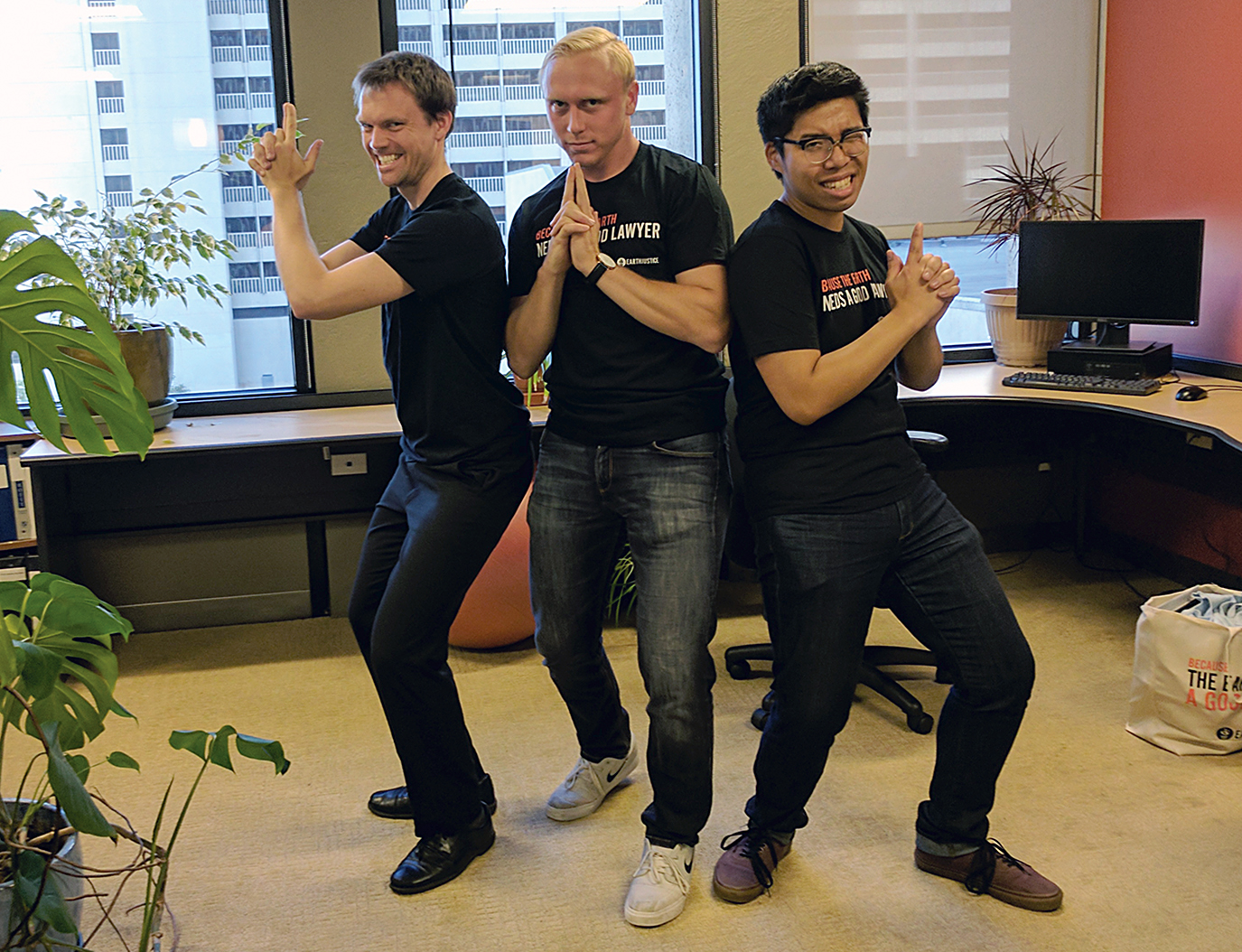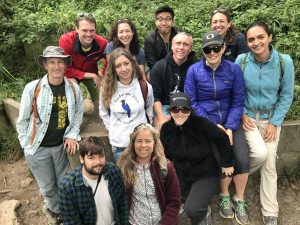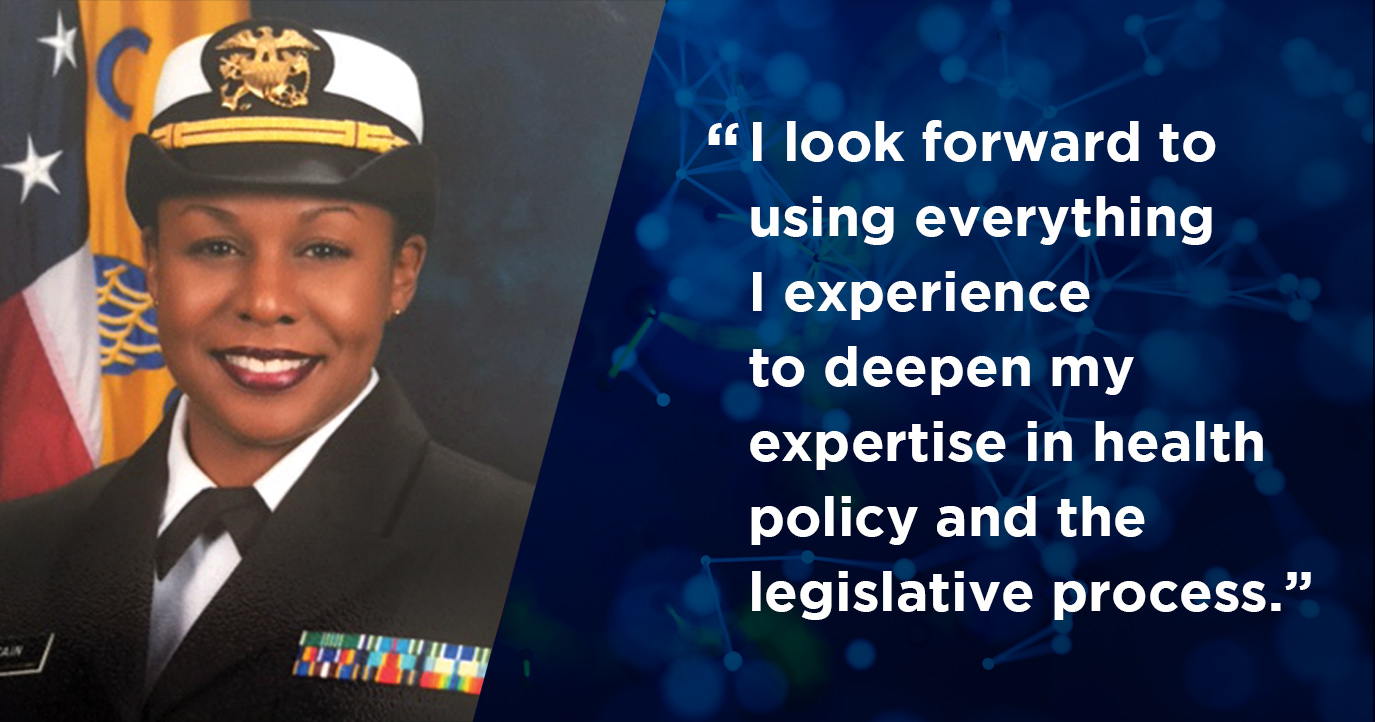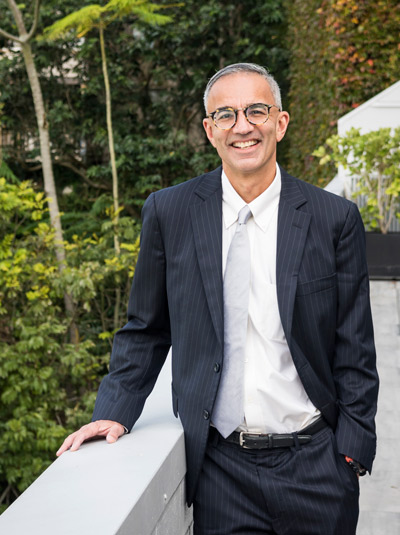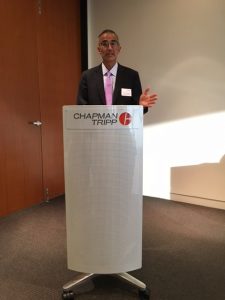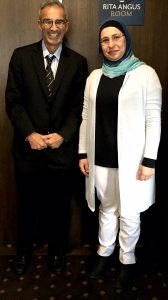Five questions with Bakht Munir, visiting scholar from Pakistan
1. Why did you choose to study at KU Law? How did you learn about our program and establish contact?
There are lots of considerations for selecting KU Law, including highly qualified faculty, access to online databases and a huge library, congenial and studious environment, friendly and cooperative management, and of course the beautiful weather of Lawrence. I explored this university on a search engine and contacted the management and professors with expertise in my relevant field. After an email, I got a very positive response from Associate Dean Crystal Mai and Professor Rick Levy, who is currently serving as my faculty shepherd.
2. What are your professional goals for your time at KU Law? What will be your next career step after your time here?
I have been sponsored by the Higher Education of Pakistan to conduct Ph.D. research at KU Law for six months. During this period of time, I am committed to finalizing my dissertation draft. I will also audit two courses of my faculty shepherd, Professor Levy. Further, I enrolled in an Applied English Center (AEC) course in order to advance my speaking and presentation capacities. After completion of my Ph.D. research at KU, I will have to defend my thesis in Pakistan. Keeping in view the standard of research, facilities and research opportunities at KU Law, I would try my best to earn an SJD / JD degree from KU Law or a post-doctoral fellowship.
3. How does the academic and research environment at KU Law differ from your home culture / institution?
The academic and research environment at KU Law is quite different from that of my home institution. Unlike my home university, the faculty at KU Law shares every lecture and its relevant materials on the Blackboard site that is accessible to every enrolled student. In my home university, there is hardly a concept of take-home exam. The KU Law faculty is full-time available to serve the students, help them in their studies and motivate them in conducting research. At KU Law, education is not limited to books ― rather, it goes to the extent of its application in the courts.
4. What are your favorite things about Lawrence? What about home do you miss the most?
Well there are plenty of favorite things about Lawrence, such as KU, Clinton Lake, lush greenery, sports and community life. So far as home is concerned, I miss my family, friends and domestic food.
5. What advice would you offer to other scholars who may want to do research abroad?
While going to a new place, accommodation is one of the biggest challenges. It is strongly suggested that one should secure accommodation before traveling and live with people from different races, cultures and genders. The researchers who are intending to go abroad must overcome linguistic barriers. Learning cooking skills is also suggested, as it helps in adjusting at the new environment. Last but not least, it is suggested that the researchers should establish contacts with the locals, explore new areas and cultures, and be a positive ambassador for his/her home country.
— Bakht Munir is conducting research on constitutionalism and judicial autonomy in Pakistan. To learn more about his work, see his Visiting Scholar profile.
